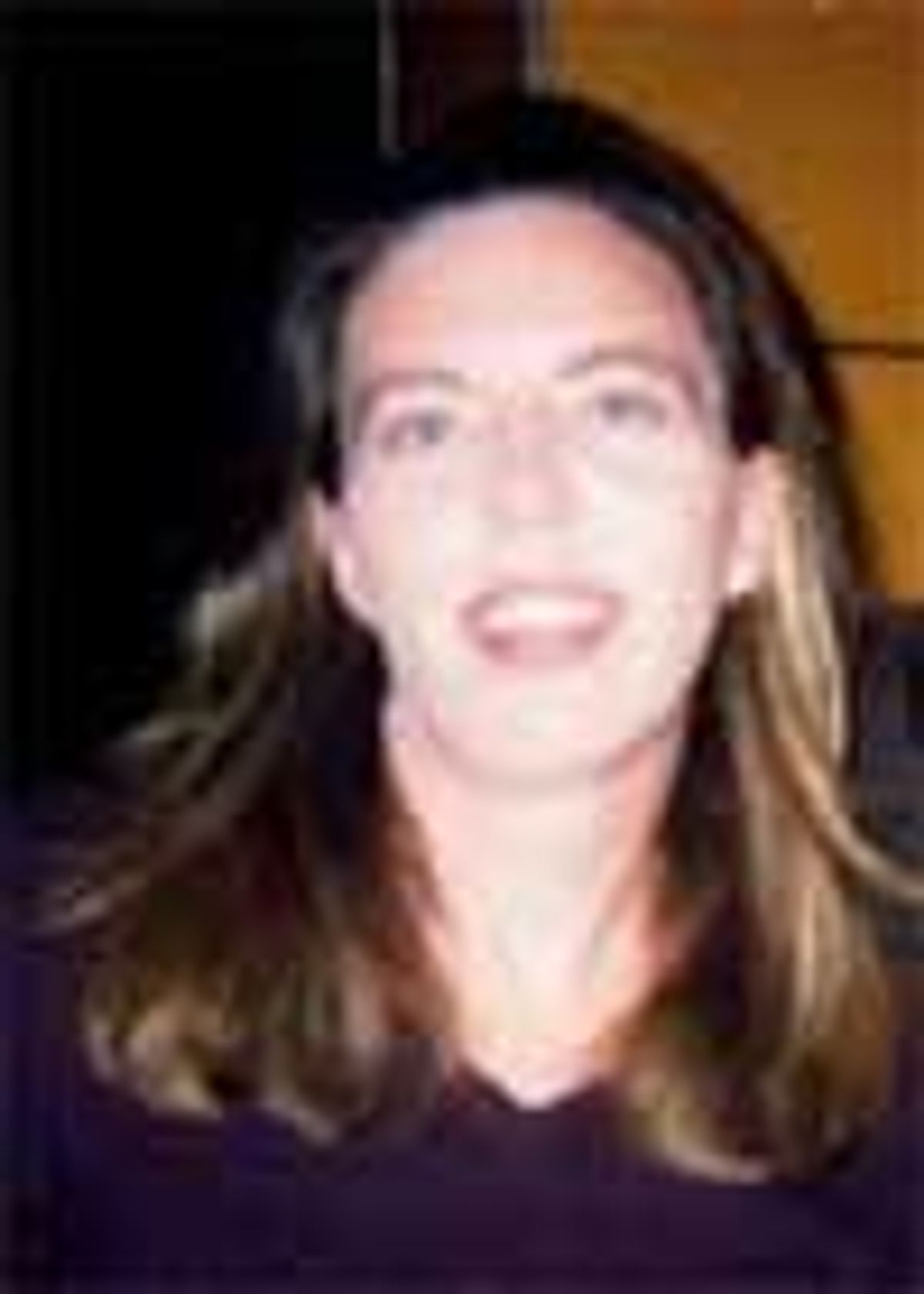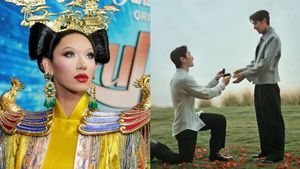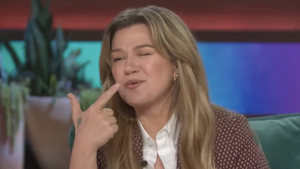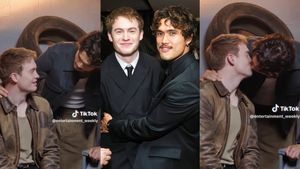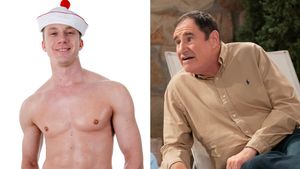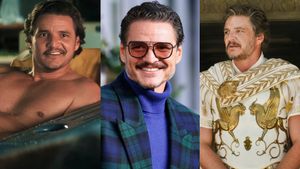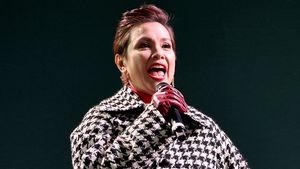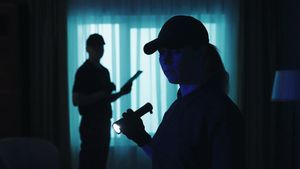The United States
is home to an estimated 1 million-plus lesbian, gay,
bisexual, and transgender veterans. This Veterans Day we
should all pause to remember their sacrifice for our
nation and to understand why, despite the war and a
policy of exclusion, many of us still take pride in
military service.
I served for more
than 12 years in the Army before I was discharged under
"don't ask, don't tell." I loved
my job, wanted to serve my country, and was qualified
and trained for the job I was given. Despite being
discharged I still love the Army, and today I am fighting
for reinstatement and an end to official silence for
LGBT service members.
Here's
why: When I was young, I spent my summers with my
grandfather in San Antonio, Texas. I remember that
everyone in the neighborhood called him Colonel
Eariley, even though he never wore his uniform. It was his
stately presence that commanded everyone's attention.
My mother always said that after being in the Air
Force for more than 20 years and fighting in World War
II, my grandfather had made his mark in the world. And
the world in turn respected his service to our country.
When I was 16,
"Colonel Eariley" passed away. His commanding
presence was gone. The men and women he served with
lined up to mourn his death. Right then I knew that
when I grew up, I wanted to be just like him. The Army
provided an opportunity to live up to my role model.
I graduated from
high school in rural Texas, and like many Americans I
came to understand that my mother could not afford to send
me to college. The best way to get an education, see
the world, and follow in my grandfather's
footsteps was to join the Army. I enlisted right after
graduation. Four years later I reenlisted. I knew the Army
was where I belonged.
In 1995 I was
deployed to Bosnia. I saw thousands of graves filled with
the victims of ethnic cleansing. Suddenly my sexual
orientation seemed a small matter. My gun seemed like
an instrument to protect those who could not protect
themselves. My sacrifice seemed small compared to the
sacrifice of the Bosnian people.
I realized that I
was serving to protect the freedoms and liberties that
Americans value so deeply. I understood--and still
understand today--what those values mean.
I understand the
LGBT community's anger towards the military's
ban. The men and women who do serve,
however--approximately 65,000 lesbian and gay
service members are on duty today--deserve our respect
and admiration. And on Veterans Day, we should each
take time to speak out on behalf of those who have
been silenced. We owe our freedom and security to those who
risk so much.
Somewhere out
there another Colonel Eariley is inspiring another
granddaughter to make that noble commitment and to answer
our nation's call to duty. They both deserve
our thanks, regardless of their sexual orientation.
